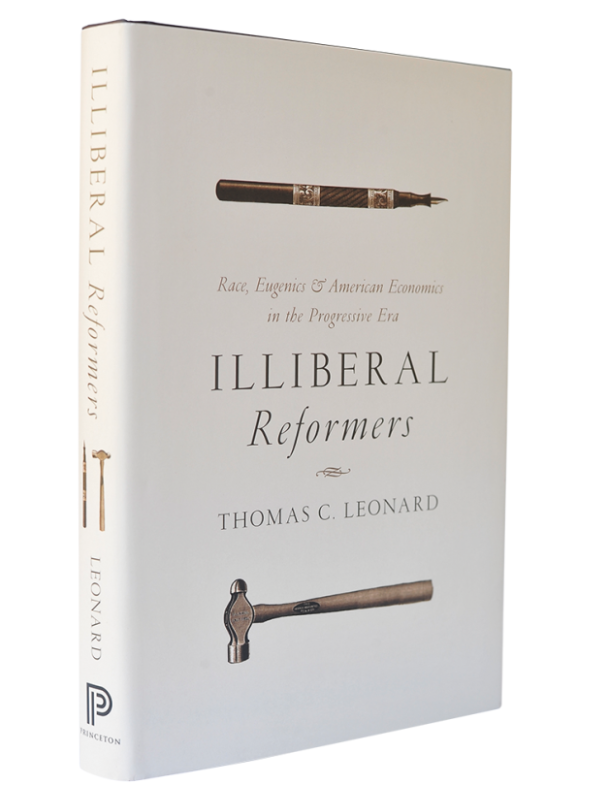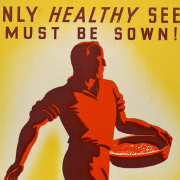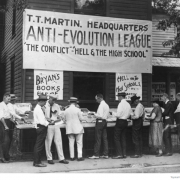Latest Reviews and Coverage
One of Bloomberg View’s Great History Books of 2016. Stephen L. Carter, Dec 27, 2016
Adam Gurri. Daniel Okrent and Thomas Leonard on Eugenics and Immigration. Liberal Currents. Oct 4, 2019.
Donald Moynihan. Arc Digital. Aug 9 2019.
James Deutsch. Review of Eugenics Crusade, Journal of American History 106(1): June 2019
Gabriel C. Gherasim. American, British and Canadian Studies 31:148-154. Dec 2018.
Randall Hansen. American Historical Review 123(1): 241-243. Feb 2018.
Nicola Giocoli. "The Intellectual Legacy of Progressive Hubris." History of Economic Ideas XXV(3)
Mary Furner. "Not All Illiberal." Research in the History of Economic Thought and Methodology 35B: 325-43. 2018.
Matthew Jacobson. "Illiberal America." Research in the History of Economic Thought and Methodology 35B: 345-55. 2018.
Charles McCann. "Reflections on Illiberal Reformers" Research in the History of
Economic Thought and Methodology 35B: 357-74. 2018.
Scott Scheal, "Faith as Political Epistemology." Reseach in the History of Economic
Thought and Methodology 35B: 375-81. 2018.
Jeremy Freese. "The Arrival of Social Science Genomics." Contemporary Sociology 47(5):
524-36, Aug 2018.
Tiffany Jones Miller. American Political Thought. Winter 2018: 174-77.
George Will. "Who's worthy of immigrating here?" Washington Post. Jan 19, 2018.
Marco Cavalieri, Journal of the History of Economic Thought 39(4): 601-603.
Dec 2017.
Bradley W. Bateman. History of Political Economy 49 (4): 717-721.
Dec 2017.
Art Carden, Cato Journal 37(3): 577-80. Fall 2017.
Christine Manganaro, Reviews in American History 45(3): 470-76. Sep 2017.
Guy Alchon, Labor: Studies in Working-Class History 14(3): 94-96. Sep 2017.
Mark Joseph Stern, SlateP!cks.
Michael M. Uhlmann, Claremont Review of Books XVII(3): 20-22. Summer 2017.
Leslie Jones, "Enlightened Despots," The Quarterly Review. June 27, 2017.
James W. Trent, Journal of American History 104(1): 224-25. June 1, 2017.
Eric Scoresone & David Schweikhardt, Journal of Economic Issues 51(2): 410-416.
June 2017
Braham Dabscheck, "Economics as Hate" Economic & Labour Relations Review,
April 27, 2017.
Frank Slesnick, Journal of Legal Economics 23(2): 45–54. April 2017.
George F. Will, "The Liberals Who Loved Eugenics" The Washington Post.
March 8, 2017.
Adam Quinn "Reforming History: Contemporary Scholarship on the Progressive Era" H-NetBook Channel. March 2017.
John Chalberg, Claremont Review of Books. Feb 6, 2017.
Alexander Cartwright, Libertarian Papers 8(2): 329-335. Feb 2017.
Samuel Gregg, "Shedding Light on Progressivism's Dark Side." Public Discourse.
Jan 27, 2017.
Patrick Newman. The Independent Review 21(3). Winter 2017.
Kevin Schmiessing, Catholic Social Science Review 22: 361-362. 2017.
Daniel Platt. Journal of Cultural Economy 10(7) Dec 1, 2016.
Wesley Bishop, Labor/Le Travail 73: 354-356. Fall 2016.
Desmond King, "Illiberalism Unbound: America's Progressive Legacy." Perspectives on Politics 14(3): 788-792. Sep 2016.
Bradley Hart, Population and Development Review 42(3): 565-575. Sep 2016.
Deirdre McCloskey, "The Secret History of the Minimum Wage." Reason. July 2016.
Matthew Harwood, "Progressive Eugenics," American Conservative. June 16, 2016.
Pierre Lemieux, "Progressivism's Tainted Label" Regulation. Summer 2016.
Steven F. Hayward, "Regressive Progressives." National Review. June 13, 2016.
J. Daniel Hammond. EH.net. Economic History Association. July 1, 2016.
Robert Whaples. Choice Reviews 53(9). May 2016.
"Off the Shelf" Harvard Magazine July-August 2016.
Reviews and other press
David Oshinsky. "No Justice for the Weak" New York Times Book Review. Sunday, March 20, 2016.
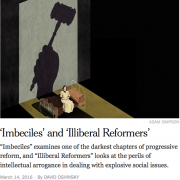
Amity Shlaes, "The Progressive History of Eugenics." Wall Street Journal. Feb 26, 2016,
Malcolm Harris "The Dark History of Liberal Reform." The New Republic. Jan 21, 2016.
Walter Russell Meade. Foreign Affairs. May/June 2016.
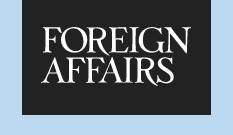
David Bernstein. The Washington Post. Feb 4, 2016.
Michael Shermer, "Why Malthus is Still Wrong." Scientific American. May 1, 2016.
Tyler Cowen, "Illiberal Reformers on Progressives and Eugenics.
Marginal Revolution. Jan 28, 2016.
Arnold King, "Dismal Race Scientists." Library of Economics & LIberty. May 2, 2016.
Update: Arnold Kling Best Books of 2016: Illiberal Reformers
Damon Root, "Progressives and Eugenics: The Case of Justice Brandeis." Reason. April 12, 2016.
Herbert Hovenkamp, "Progressive Racism," The New Rambler. Feb 10, 2016.
Jeffrey Tucker, "Policy Science KIlls." Foundation for Economic Education.
Feb 8, 2016.
Charles Lane, The Washington Post, February 17, 2016
Luc de Barochez, "Salaire minimum, emploi minimum." L'Opinion. Feb 23, 2016.
Alberto Mingardi, "Li chiamavano progressisti" llSole24ore. March 13, 2016.
Interviews/Podcasts/Op-Eds
Eli Rosenberg. "Clarence Thomas Tried to Link Abortion to Eugenics. Seven Historians Told The Post He's Wrong" Washington Post. May 30, 2019.
Jonah Goldberg. "Bigoted Rep. Steve King out of Step with American Ideals" Chicago Tribune. Jan 11, 2019.
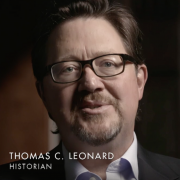
Tim appears in the documentary film,The Eugenics Crusade, which premiered on October 16, 2018 on PBS's American Experience.
Ross Kaminsky interviews Tim on iheart.radio. May 10, 2017 (26 minutes).
Princeton Alumni Weekly interviews Tim and profiles Illiberal Reformers. March 1, 2017.
Princeton University James Madison Program symposium on Illiberal Reformers. Dec 7, 2016 (93 minutes).
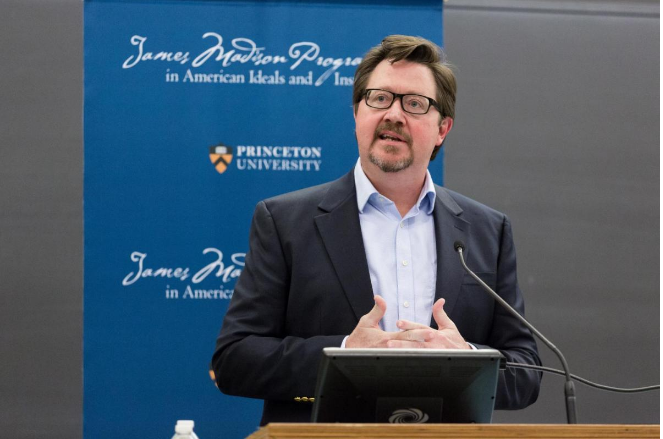
Russ Roberts interviews Tim on EconTalk. Dec 6, 2016 (68 minutes)
Update: Iliberal Reformers. Favorite EconTalk Podcasts of 2016.

"When Eugenics Was Progressive." Hoover Digest. July 2017
Glenn Loury interviews Tim on The Glenn Show, BloggingHeads.tv
May 5, 2016 (61 minutes).
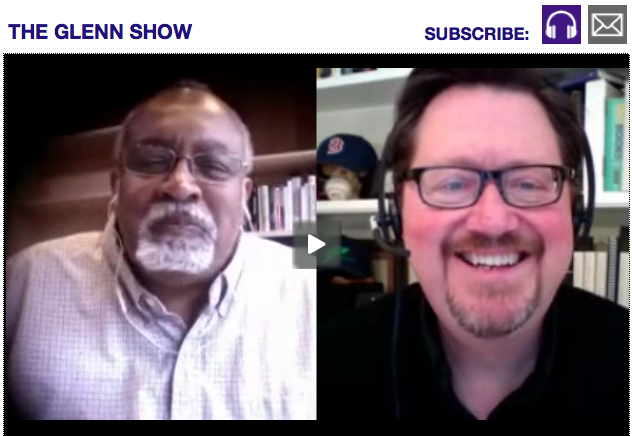
"Wisconsin Progressives Had Regressive Beliefs" Wisconsin Interest.
Fall 2016: 16-23.
"Minimum Wages Were First Designed to
Cut Rungs off the Bottom of the Economic Ladder." Los Angeles Times. April 5, 2016.
Matt Harwood, ACLU, interviews Tim.
"The Dark Heart of Progressivism" American Conservative. Sept 29, 2016.
Trevor Burrus and Aaron Ross Powell interview Tim on Free Thoughts podcast. March 11, 2016. (60 minutes).
"Should the Minimum Wage Be Raised?Experts Pick Sides" WalletHub. August 10, 2016.
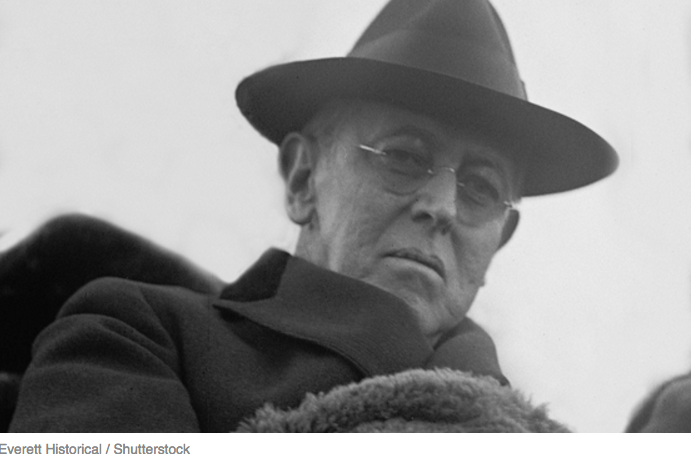
"Mythologies that arise around individuals, groups, and ideas of the past tend to mask many warts. Thomas Leonard's excellent book about American economics during the Progressive Era shows how progressives' efforts to champion reform drew on a vision of scientific development that would institutionalize the eugenic creed and, in the process, do great violence to the liberal project that had been at the heart of the American system. Illiberal Reformers provides a powerful lesson in the tensions that surround ideals of social progress, scientific expertise, and the democratic system."
–Steven G. Medema, University of Colorado, Denver
"Economists like to think of their ancestors as heroic seekers of truth, each generation, as Newton suggested, standing on the shoulders of the giants who came before. Thomas Leonard demonstrates clearly that the story of economics in late nineteenth- and early twentieth-century America was far more complex--and more interesting. He shows how the economists of that era combined their passion for social reform with religion, eugenics, and evolution theory in ways that seem incredible today. This book is an eye-opener."
–Craufurd Goodwin, James B. Duke Professor of Economics Emeritus, Duke University
"This untold story of how Progressive Era activists helped construct the extensive role of government in the economy sheds light on today's technocratic dilemmas. Which decisions need to be left to experts, the 'social engineers,' and which require democratic participation? Thomas Leonard's book demonstrates that during the Progressive Era this question was resolved only by combining democratic reform with the exclusion of women, African Americans, immigrants, and disabled people as full members of society. It underlines the fact that the tension between 'expert' economic administration and individual liberties remains at the heart of current political debates."
–Diane Coyle, author of GDP: A Brief but Affectionate History
"Illiberal Reformers makes a substantial contribution to the much contested history of U.S. progressivism by providing fascinating new evidence of what Leonard terms its 'dark side.' This book's rich narrative will amply reward readers interested in the discrete histories of social science, science, politics, culture, industrial relations, and general U.S. history, and offers a wealth of new material on discrimination based on gender, race, and class."
–Mary O. Furner, University of California, Santa Barbara


